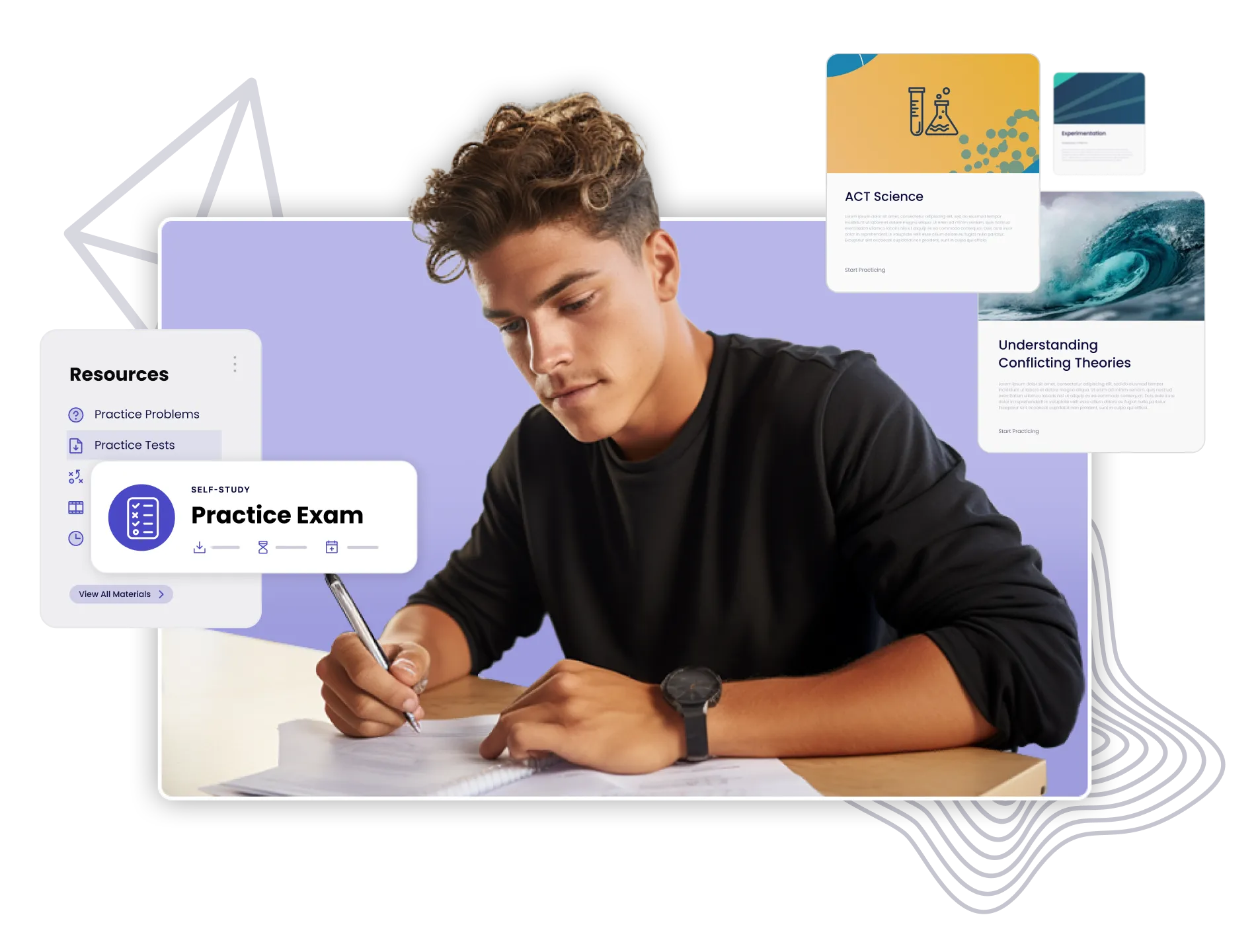Ask an MBA Admissions Expert: Betsy Massar

Varsity Tutors brings you insider tips and advice straight from nationally recognized admissions experts. Betsy Massar has been helping MBA candidates with their business school applications since she was a second-year student at Harvard Business School. She founded her consulting business, Master Admissions, in 2008 and also serves as a resume and writing coach at the Stanford Graduate School of Business. Betsy has been quoted vastly throughout the media in publications such as Forbes, Fox Business News, and Poets & Quants.
VT: How much time should be set aside to adequately prepare for and complete the application for an MBA program?
Betsy: Applicants should start as early as possible to wrap their brains around the fact that they are competing for a spot at a top business school. There’s a lot to do! You have to study months for the GMAT, spend time and energy figuring out which programs appeal most, travel to see campuses, cold-call alumni, and corral at least two, maybe three people senior to you to write thoughtful, specific recommendations about your excellence.
To add to the indignity of it all, you have to write a set of personal, soul-wrenching essays that inspire admissions directors to pick you over the other potential Nobel Prize winners vying for your spot. It’s a head trip.
Having said this, I just learned today about a student who got into MIT Sloan off the waiting list who literally threw an application together in a few weeks. Stranger things have happened, but I don’t recommend her high-risk strategy.
VT: What would you say is the single most important thing to focus on for this kind of application?
Betsy: Take the process seriously. But don’t take yourself too seriously.
VT: What do MBA admissions officers look for most in the essay questions?
Betsy: MBA schools look for authenticity. That means being yourself. Not the person you think the committee wants to read about – that person is nowhere near as interesting as the real you. Admissions officers want to read about your successes and foibles. They want you to present your case with maturity, humility, and humanity.
Admissions officers act as proxies for your future classmates. Those classmates want to sit next to, or work on a learning team with, someone who can really contribute to the party. They want people who know how to pull their own weight, compete on a very big stage, and make a difference in the world. And also people who are talented, fun and funny.
You may be thinking, oh, I am just another cookie-cutter engineer/investment analyst/consultant/IT specialist. But you aren’t. You are you, the real you. The more authentic “you” that shows in your application, the better your chances.
VT: What are the biggest mistakes one can make on this application?
Betsy: The biggest single mistake is to bore the reader to death through platitudes and unsubstantiated claims. If an application sounds like it was downloaded from a collection of “Essays that Succeeded,” it’s all over.
VT: Is there anything that automatically disqualifies an applicant from being considered for an MBA program (i.e. low GPA, lack of particular work experience, etc.)?
Betsy: Like in tennis, you have to get the ball over the net. Almost every business school publishes a “class profile” which gives a range of stats about grades, test scores, years of work experience, and more. Students should fall within that range---which is a bit of a dotted line---it’s not hard and fast, depending on your profile. Still, I do hear about people thinking they can get in on guts alone, and that’s a bit delusional.
VT: What kind of work experiences should be highlighted in the MBA application?
Betsy: You don’t have that much room in applications these days, so you should highlight work experiences that demonstrate your emotional intelligence, such as teamwork or ability to influence a group. Other emotional IQ characteristics might include flexibility, resiliency, and empathy.
VT: What advice do you have regarding GMAT prep?
Betsy: Invest the time and money to take a course or get a tutor who works for your learning style.
VT: Is it absolutely necessary to have work experience prior to starting an MBA degree?
Betsy: Yes.
VT: What are the characteristics of a great MBA program?
Betsy: Almost every top business school offers the following great characteristics: incredibly smart, talented, international students and faculty, a great alumni network, good job placement, and wonderful facilities.
The more important question is, what is great for you? You might want to live on a rural campus and I might want to live in the heart of a big city. You might want to work in London after graduation and I might want to work in Silicon Valley… You might have gone to a small undergraduate school and want a big university environment for graduate school and I might want the opposite. There are so many variables! The important thing is to figure out what is important to you, not your parents, boyfriend/girlfriend, second-grade teacher, Mark Zuckerberg, or some guy who publishes ranking statistics. It’s about knowing yourself and what works for you. Otherwise, why spend the $150,000?
For more information, visit MasterAdmissions.com.
The views expressed in this article do not necessarily represent the views of Varsity Tutors.

